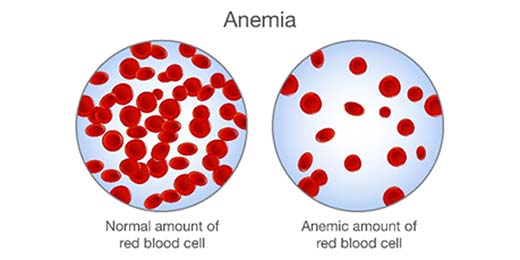North Texas Kidney Disease Associates (NTKDA) apart from providing you with not only the medical treatment, also ensures you are provided with information to help you and your family understand your health, make informed decisions, and get answers to your questions as soon as possible.
We have created an online Patient Education Center for this. We know your questions do not come up only during our office hours, therefore NTKDA physicians have developed a comprehensive library of information to provide you and your family more information on the most common kidney disease-related topics when you want it.
NTKDA blogs written by NTKDA physicians are also available.


